
JERA and Petronas to study CCS value chain between Japan and Malaysia
They will look into transporting JERA’s emissions to Malaysia for storage.
JERA and Petroliam Nasional Berhad subsidiary PETRONAS CCS Solutions signed a joint study agreement to look into the feasibility of establishing a carbon capture and storage (CCS) value chain between Japan and Malaysia.
In a statement, JERA said they will look into separating and capturing its carbon dioxide emissions in Japan and transport them for storage in Malaysia gas fields.
ALSO READ: JERA and ExxonMobil enter agreement for low-carbon hydrogen and ammonia project
“Malaysia has an abundance of potentially suitable sites for underground CO2 storage. PETRONAS has expertise in CCS, with multiple CCS projects underway. In moving forward, the collaboration with PETRONAS can help build a global network for cross-border CO2 transport and storage,” JERA said.
JERA aims to achieve net-zero CO2 emissions from its domestic and overseas businesses by 2050.
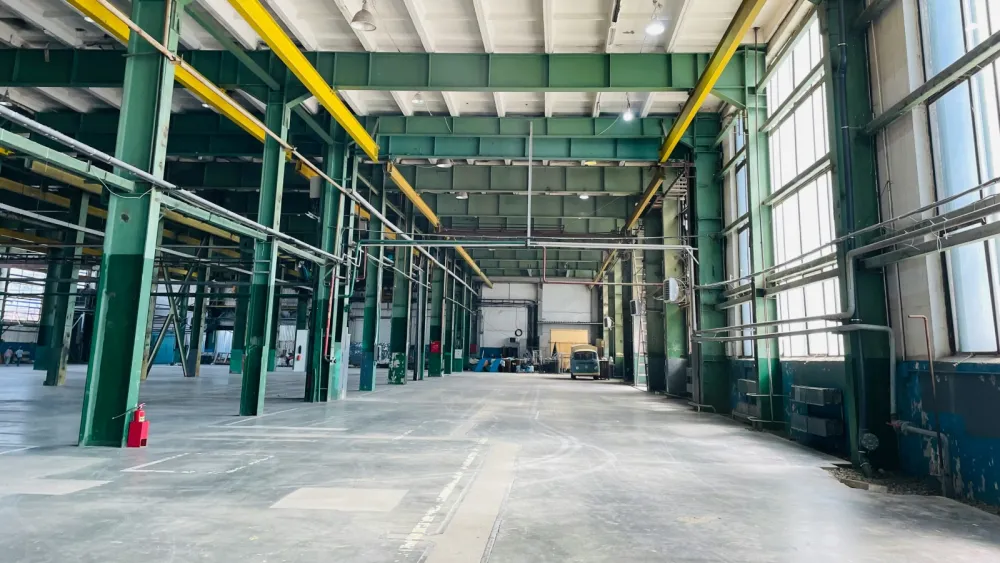
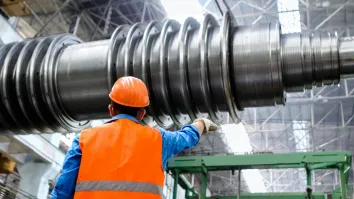
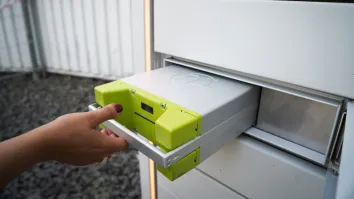
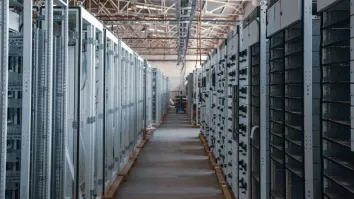
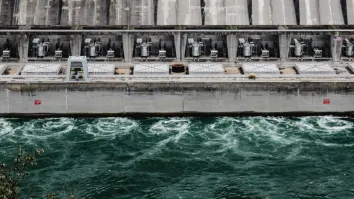













 Advertise
Advertise







